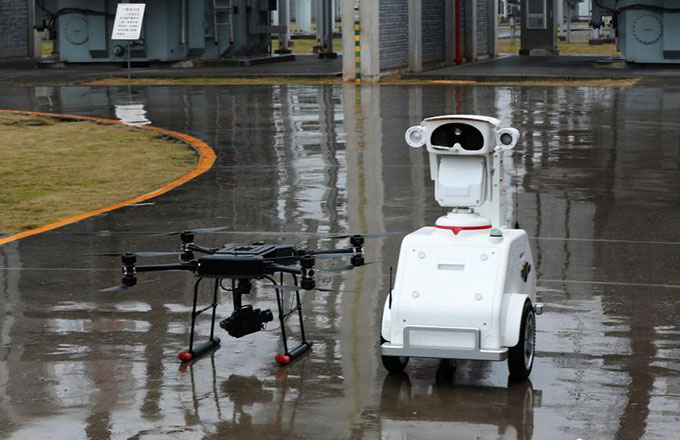New industrial era boosts technical schools
 |
|
A woodworker in Kunming displays his carving skills at an exhibition.[Photo by Hou Liqiang/China Daily] |
Recruitment rising
According to the Ministry of Human Resources and Social Security, the number of technical schools fell from 2,545 at the end of 2015 to 2,526 at the end of last year, but the number of students in them rose by 10,000 to 3.23 million. It was the first time since 2013 that recruitment at the nation's technical schools had risen.
In 2003, five technical schools in Baoshan, Yunnan, that had failed to attract enough students were merged to form the Baoshan Technician College.
Although the new school only recruited 500 students in its first year, it now has about 3,000 enrollments every year, and the government is helping to fund construction of a new campus.
Yang Fagen, the president, said the college has been given a loan of 620 million yuan to build the new facility, and plans to spend 120 million yuan of the total on state-of-the-art equipment.
The government has also given the college at least 10 million yuan in each of the past three years.
However, there is still a dearth of suitable teachers nationwide.
"Most teachers at technical schools are university graduates. They are knowledgeable, but lack the hands-on experience required for technical education. It can be hard for students of these teachers to meet the needs of modern industry," Yang Fagen said.
According to He Liangping, deputy head of the Professional Capacity Building Department at the Ministry of Human Resources and Social Security, more than 5.3 million students have graduated from technical schools since 2012, and the employment rate for these graduates is consistently higher than 97 percent.
The problem is that while the government is attaching great importance to technical education, people still usually prefer to study at universities than at technical schools.
The situation is a result of the country's talent evaluation system because a bachelor's degree is often the threshold requirement for recruitment, but technical schools don't offer degree-level education, he said.
Meanwhile, the poor treatment that blue-collar workers experience has also contributed to the problem.
In 1960s and '70s, senior skilled workers enjoyed a similar status to the deputy head of a factory, but that is no longer the case. If blue-collar workers enjoyed higher social and employment status, people would change their minds and more students would opt to attend technical schools, he said.
Yang Jingyuan, the principal at Yunnan Transport Technician College, has seen some movement in that direction, noting that a growing number of students have declined offers from universities and opted to study at his college instead.
Last year, 17 undergraduates at universities in Yunnan abandoned their studies and enrolled at the college.
In 2014, when Ma Fuxiang was halfway through a university degree in finance and securities, he decided to transfer to Yunnan Transport Technician College to study vehicle maintenance and repair.
"Many people look down on technical schools. I was kind of affected by that view when I graduated from senior high school and chose to go to university," the 23-year-old said.
"If I had continued my study of finance and securities, I could probably have got a job in an office rather than as a sweaty blue-collar worker, but I really want to follow my own interests," he said.






















